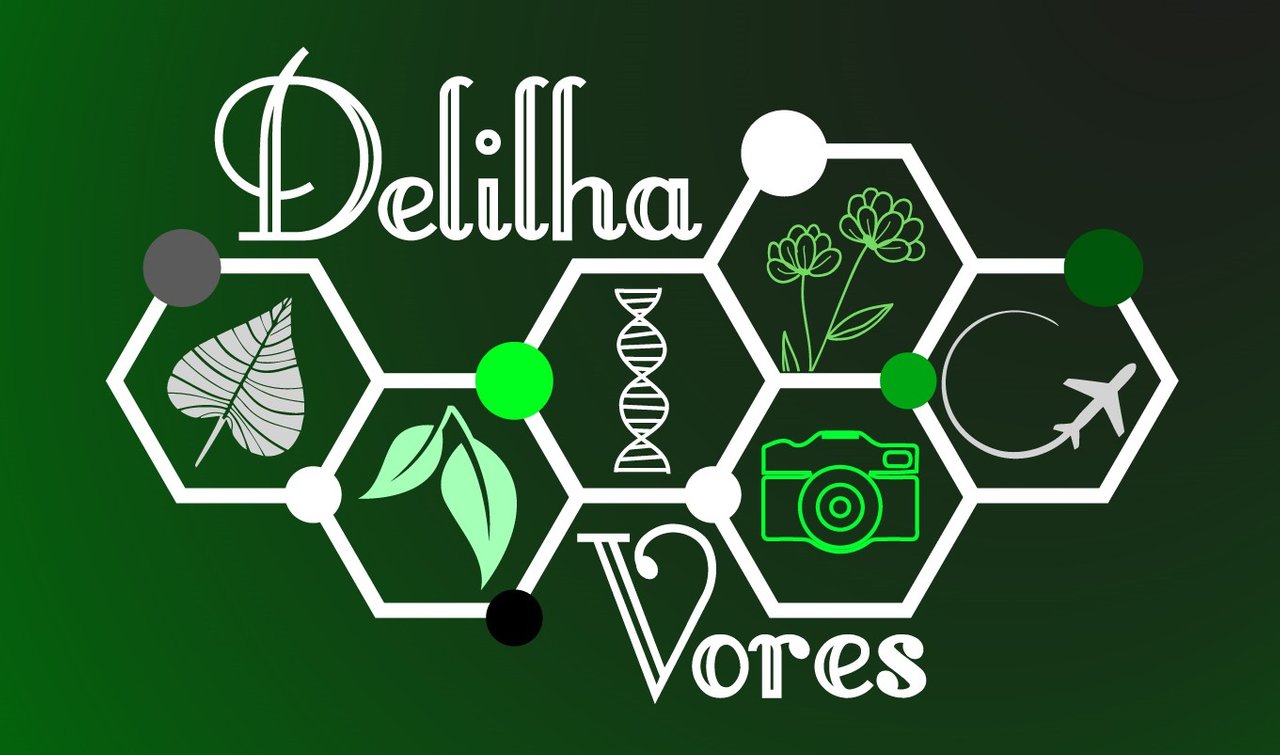Book Review: Eugenetica: un tabù contemporaneo by C. A. Defanti
4 comments
Hello Hive Book Club friends!
Have you ever heard of eugenics? It’s a set of theories and practices that aim to improve the genetics of the human population.
It’s a very divisive topic, because in the last century these studies were used by the Nazi regime during the Second World War, with the aim of favoring certain characteristics of the human being.
Eugenics has been debated since ancient Greece and in the book of my review today it’s possible to learn a lot about this topic.
Have a nice reading!
Buongiorno amici di Hive Book Club!
Avete mai sentito parlare dell’eugenetica? Si tratta di insieme di teorie e pratiche che mirano a migliorare la genetica della popolazione umana.
È un tema molto divisorio, perché nello scorso secolo questi studi vennero utilizzato dal regime nazista durante la Seconda guerra mondiale, con l’obiettivo di favorire alcune caratteristiche dell’essere umano.
L’eugenetica è dibattuta sin dall’antica Grecia e nel libro della mia recensione di oggi è possibile imparare molto su questo argomento.
Buona lettura!


Technical data
Title: “Eugenetica: un tabù contemporaneo. Storia di un'idea controversa” (“Eugenics: A Contemporary Taboo. The History of a Controversial Idea”)
Year of publication: 2012
Publisher: Codice
Number of pages: 312
Author
Carlo Alberto Defanti is one of the most authoritative Italian scientists in the world of bioethics.
He works as a professor of bioethics at the San Raffaele University in Milan and has played an important role in the neurological departments of Bergamo and Milan.
He is also the author of over a hundred scientific articles and a dozen books.
Plot and personal considerations
The word “eugenics” comes from the Greek which literally means “born in a good way” and was coined in 1883, following Charles Darwin’s discoveries on natural selection and the survival of the fittest.
This idea found support in many totalitarian governments, such as Nazi Germany, which we have already talked about. People with criminal records, low scores on intelligence tests, and members of religious minorities were targeted by these theories.
In the United States, a movement called the “American Eugenics Society” was also born, which aimed to sterilize people considered unfit to reproduce. The state of Indiana became the first American state to adopt this measure in 1907.
In this text, the professor speaks in a scientific and non-sensational tone, explaining the negative aspects of this ideology but also the strengths that have made it so popular.
The history of eugenics is very controversial and complex and it is our job to know it, in order to develop a realistic opinion.
In fact, we often tend to simplify by thinking only of the extremes, but the improvement of human genetics has also brought great benefits to medicine, for example the possibility of knowing congenital diseases.
The aspect that I appreciated most is the scientific and neutral tone of the writer in addressing the delicate issue. The text is fluent and suitable even for non-experts in the sector.
Dati tecnici
Titolo: “Eugenetica: un tabù contemporaneo. Storia di un'idea controversa”
Anno di pubblicazione: 2012
Casa editrice: Codice
Numero di pagine: 314
Autore
Carlo Alberto Defanti è uno dei più autorevoli scienziati italiani nel mondo della bioetica.
Lavora come professore di bioetica presso l’Università San Raffaele di Milano e ha avuto un ruolo importante nei reparti neurologici di Bergamo e Milano.
È anche scrittore di oltre un centinaio di articoli scientifici e una decina di libri.
Trama e considerazioni personali
La parola “eugenetica” deriva dal greco che letteralmente significa “nato buono” ed è stato coniato nel 1883, a seguito delle scoperte di Charles Darwin sulla selezione naturale e sulla sopravvivenza dell’individuo più adatto.
Questa idea trovò sostegno presso numerosi governi totalitari, come la Germania nazista di cui abbiamo già parlato. Persone con precedenti penali, con punteggi bassi nei test di intelligenza, membri di minoranze religiose erano presi di mira da queste teorie.
Negli Stati Uniti nacque anche un movimento chiamato “American Eugenics Society” che si poteva lo scopo di sterilizzare le persone considerate inadatte a riprodursi. Lo stato dell’Indiana divenne il primo stato americano ad adottare questo provvedimento nel 1907.
In questo testo il professore parla con toni scientifici e non sensazionalistici, spiegando gli aspetti negativi di questa ideologia ma anche i punti di forza che l’hanno resa così popolare.
La storia dell’eugenetica è molto controversa e complessa ed è nostro compito conoscerla, per poter sviluppare un’opinione realistica.
Infatti, spesso si tende a semplificare pensando solamente agli estremismi, ma il miglioramento della genetica umana ha portato anche dei grossi benefici nella medicina, ad esempio la possibilità di conoscere malattie congenite.
L’aspetto che ho apprezzato di più è il tono scientifico e neutrale dello scrittore nell’affrontare la problematica delicata. Il testo è scorrevole e adatto anche ai non esperti del settore.

Favorite Quotes
“I am aware of the risk I am exposing myself to by addressing this topic. But this does not mean I am giving up my intent”;
“What would happen today if we were to take up the idea of eugenics, for example by resorting to prenatal diagnosis and pre-implantation of cells?”.
Conclusion
This text makes you think about some important issues such as the decision to end life voluntarily, the study of embryos in vitro and human cloning. These are difficult issues, but the professor is able to explain them in a clear and scientific way.
I would recommend this book to all people curious about medicine and innovation.
Thanks for reading me! Do you know of other interesting books on this topic?
See you next time,
Delilha
Citazioni preferite
“Sono consapevole del rischio a cui mi espongo affrontando questo argomento. Ma non per questo rinuncio al mio intento”;
“Che cosa accadrebbe oggi se si riprendesse l’idea dell’eugenetica, per esempio ricorrendo alla diagnosi prenatale e pre-impianto delle cellule?”.
Conclusione
Questo testo fa riflettere su alcune tematiche importanti come la decisione di porre fine alla vita in modo volontario, lo studio degli embrioni in vitro e la clonazione umana. Sono tematiche difficili, ma il professore è in grado di spiegarle in modo chiaro e scientifico.
Consiglierei questo libro a tutte le persone curiose negli ambiti della medicina e dell’innovazione.
Grazie per avermi letto! Conoscete altri libri interessanti su questo tema?
Alla prossima,
Delilha










Comments